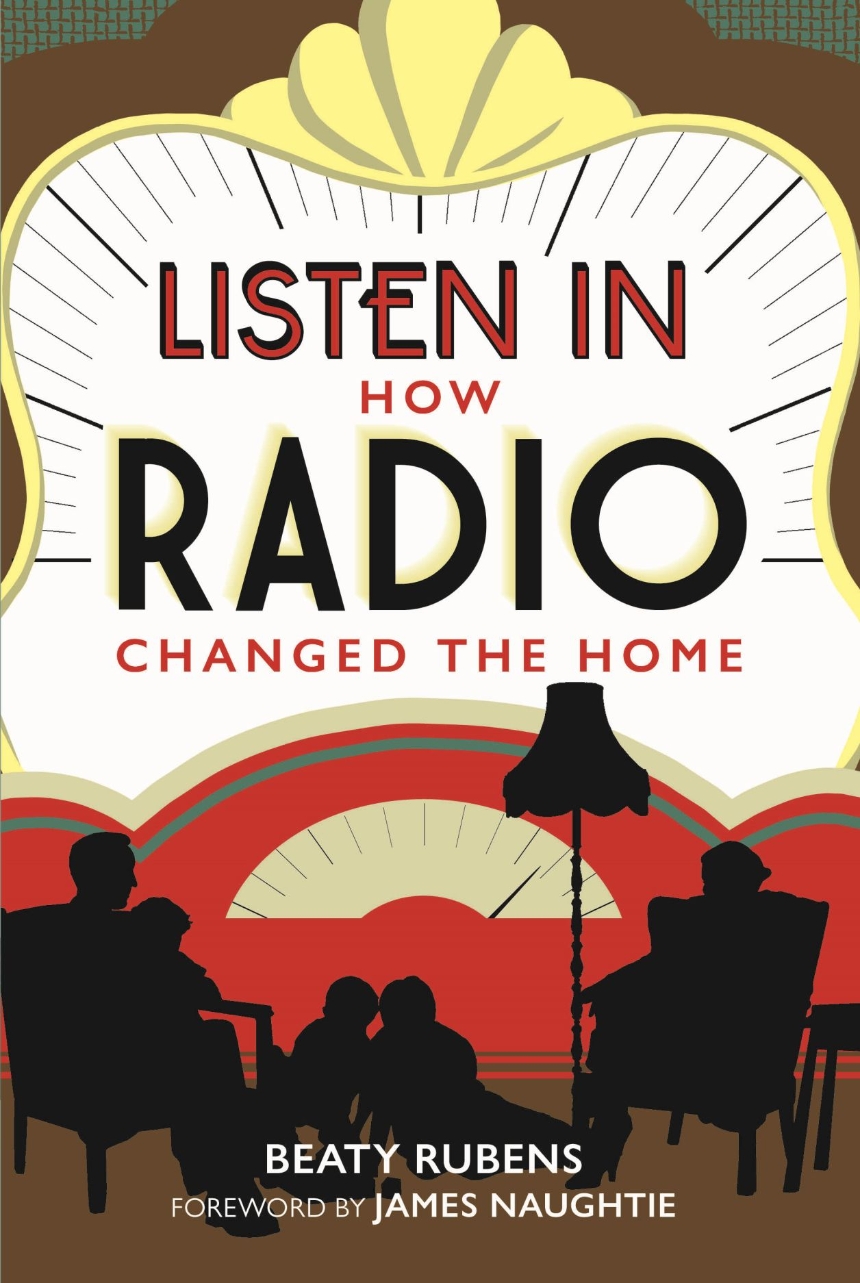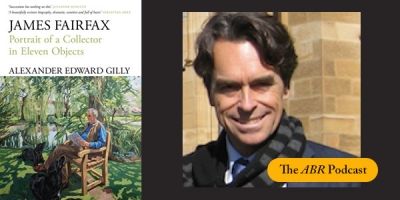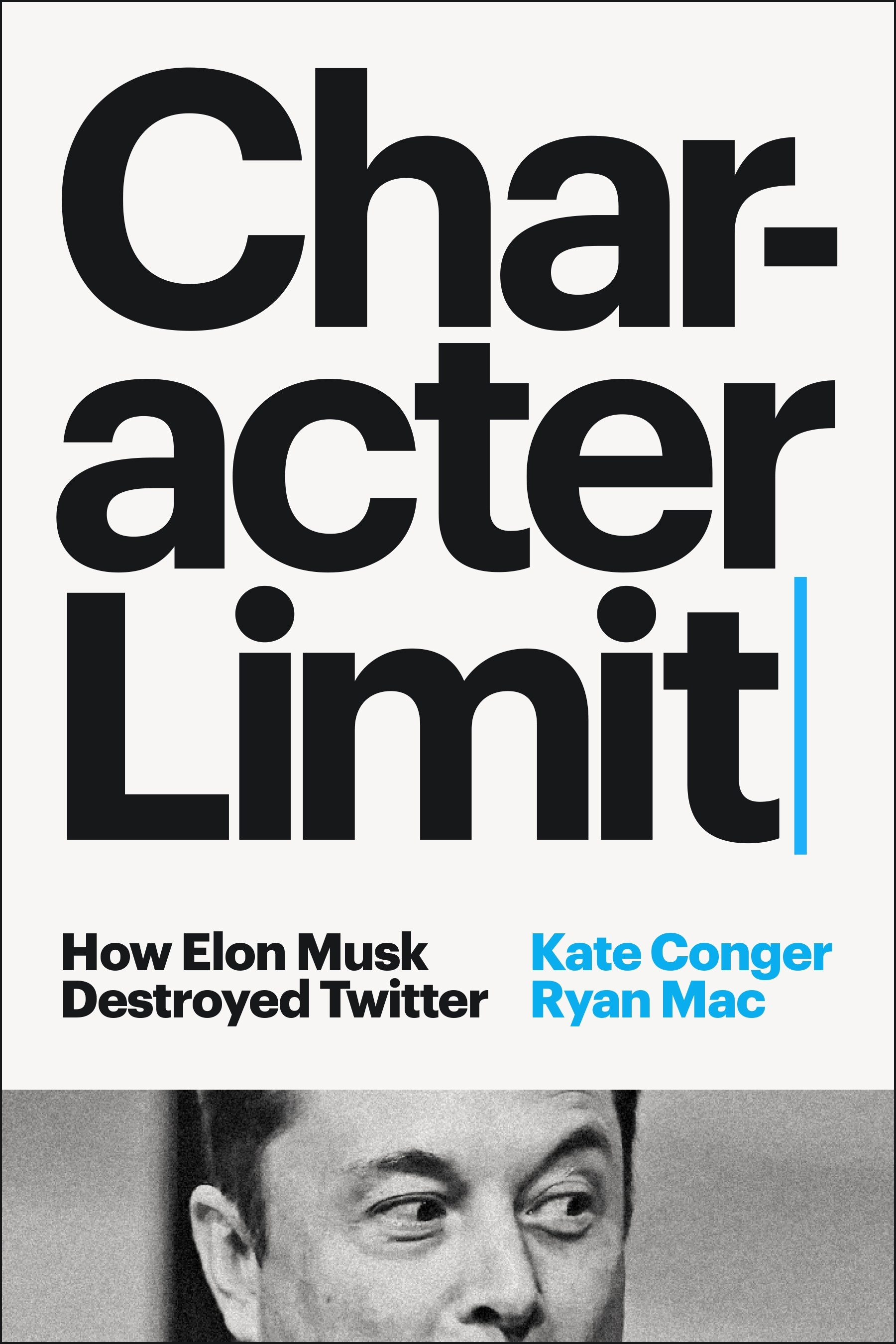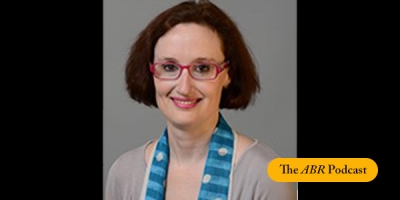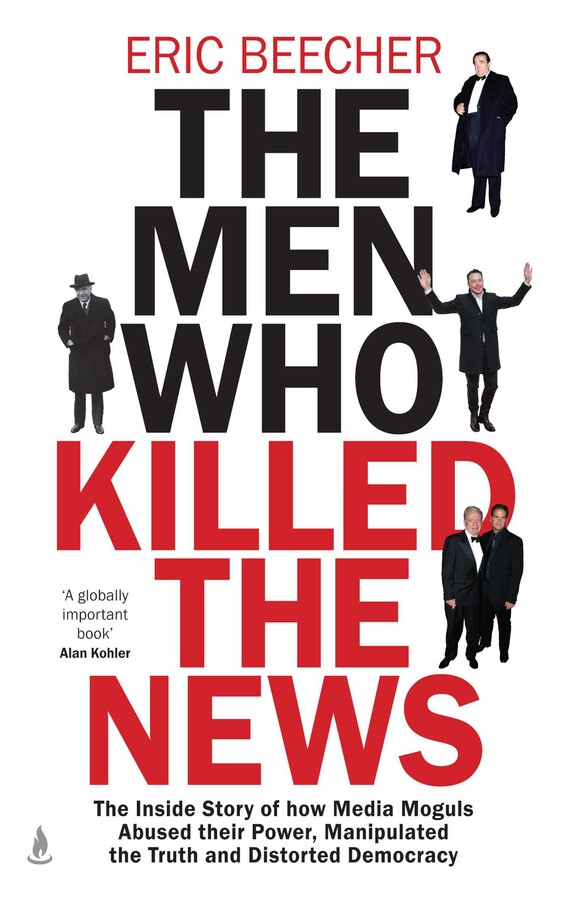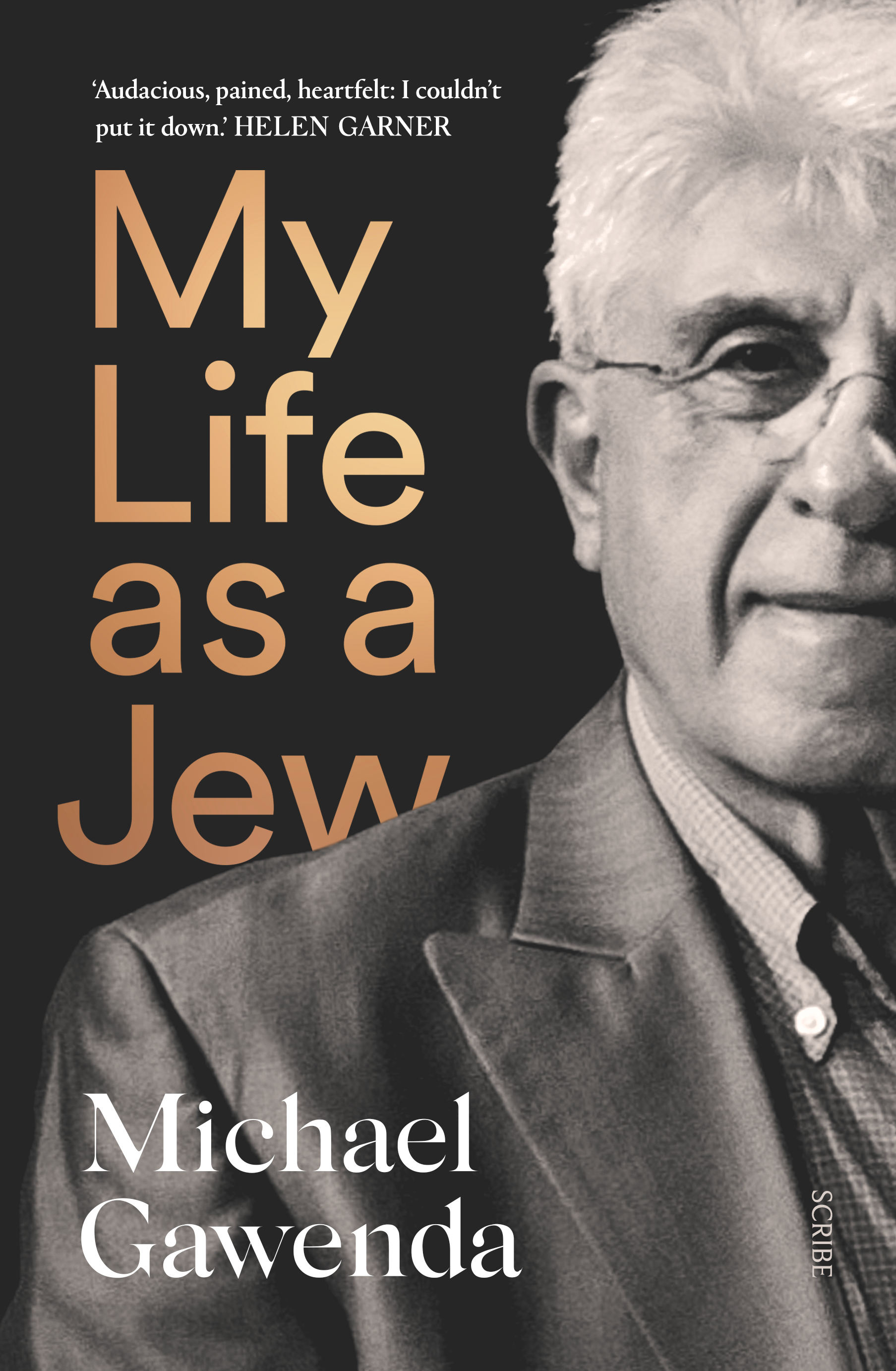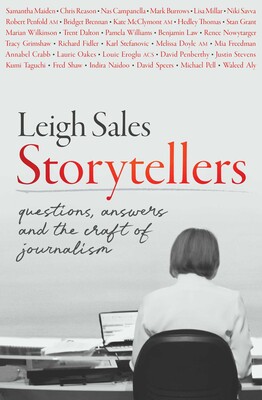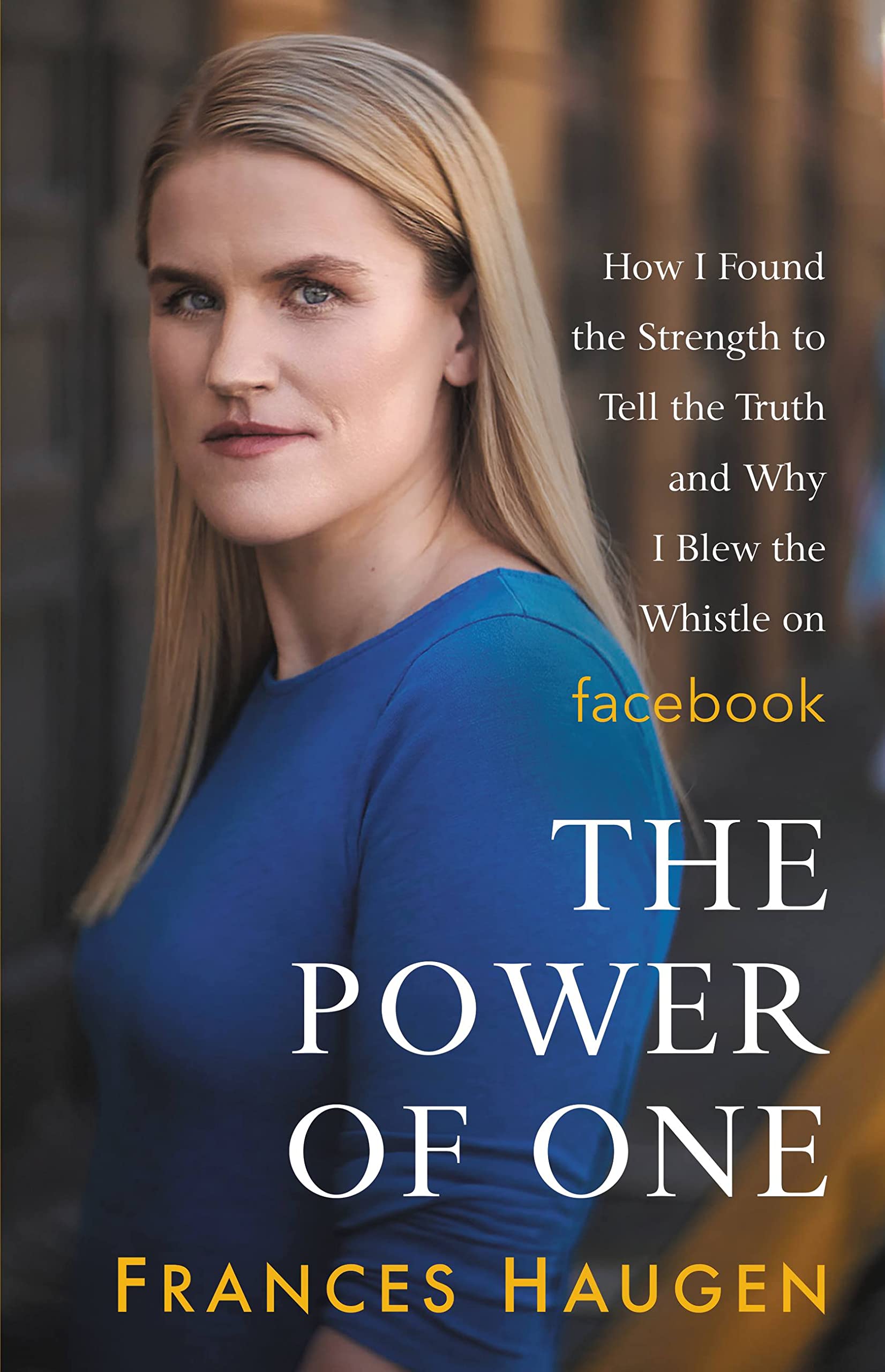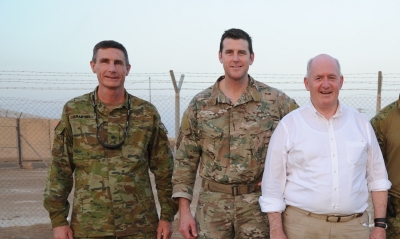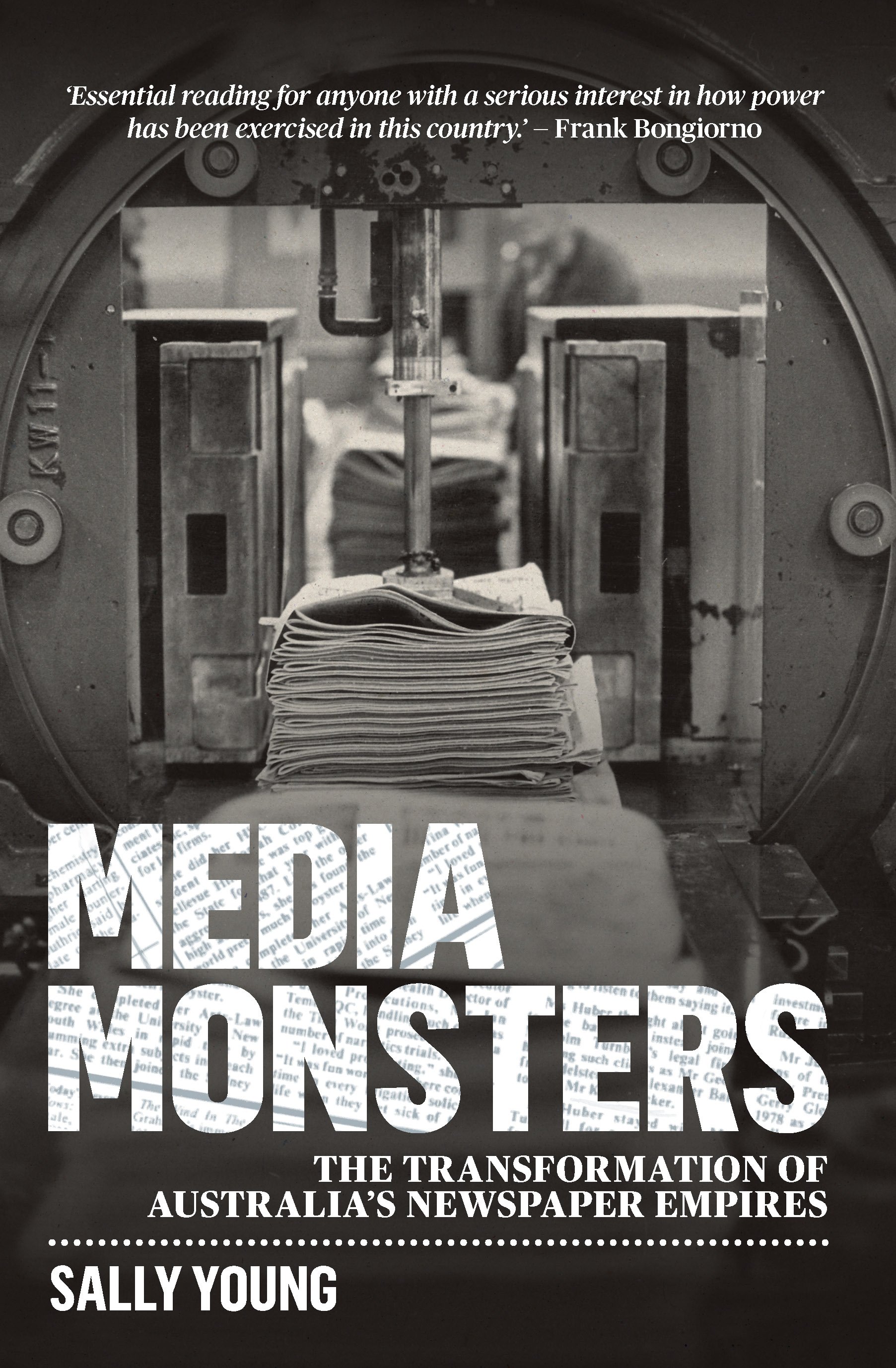Media
That the majority of the sounds and experiences of the early years of radio are lost to us poses considerable challenges for historians. The losses include the expressions of local innovations and experimental broadcasts across global contexts that predate the establishment of organisations, often with ambitions of a national reach, such as the BBC (1922), the ABC (1923), and Radio Bangkok of Phaya Thai (1930).
... (read more)This week on The ABR Podcast, Christopher Allen reviews James Fairfax: Portrait of a collector in eleven objects by Alexander Edward Gilly. James Fairfax, who was born in 1933 and died in 2017, was born into the ‘greatest press dynasty Australia had yet seen’. Christopher Allen is the national art critic for The Australian. Listen to Christopher Allen’s ‘“Subject to his birth”: The biography of a prince’, published in the January-February issue of ABR.
... (read more)Character Limit: How Elon Musk destroyed Twitter by Kate Conger and Ryan Mac
On 26 October 2022, two days before closing a deal to purchase Twitter for US$44 billion (A$61.4 billion), Elon Musk walked into its San Francisco headquarters carrying a white porcelain sink. He walked up to an unattended front desk in the lobby and said, to no one: ‘You can’t help but let that sink in.’ Of course, he didn’t really say this to no one. His triumphant entrance at Twitter HQ was staged, the video shared with his 120 million Twitter followers, with the phrase: ‘Let That Sink In!’
... (read more)This week on The ABR Podcast, Bridget Griffen-Foley reviews The Men Who Killed the News: The inside story of how media moguls abused their power, manipulated the truth and distorted democracy by Eric Beecher. Bridget Griffen-Foley is the founder of the Centre for Media History at Macquarie University and has recently co-edited the fifth edition of The Media and Communications in Australia. Listen to Bridget Griffen-Foley’s ‘Quicksand: Notes from a media outsider and insider’, published in the October issue of ABR.
... (read more)The Men Who Killed the News: The inside story of how media moguls abused their power, manipulated the truth and distorted democracy by Eric Beecher
Media owners and enablers, autocrats and charlatans, henchmen and underlings, midshipmen and first mates, hangers-on and frenemies populate this book. The Men Who Killed the News is about media moguls over the past 150 years, with the occasional grand-mogul and even anti-media mogul (see Silvio Berlusconi) thrown in.
... (read more)Michael Gawenda has written a deeply personal story about his Jewish identity. It comes during a period when conflict in Israel/Palestine has been painful for all. While he remains committed to a two-state future that supports the rights of both Israelis and Palestinians to live in their own countries, the author critiques influential sections of the political left where acceptance has come to require demonising the Jewish state. A key message of the book is that too often on the left the only good Jew is one who publicly rejects Israel’s right to exist and remains silent when it is declared racist and nothing more than a coloniser of an indigenous population.
... (read more)Storytellers: Questions, answers and the craft of journalism by Leigh Sales
When the first season of Aaron Sorkin’s Newsroom premièred in Australia in 2012, Foxtel had its own onscreen news talent cut a series of promos. A bevy of ageless news anchors – all dense hairdos and blazing white teeth – talked admiringly of how the series portrayed their profession. Journalism, in their telling, was fast-paced, often self-righteous, occasionally fallible, but ultimately always a noble occupation that served the public’s interest. Leigh Sales’s new book, Storytellers, follows a similar line, with the content and even the cover art – a black and white photo of Sales at her news desk, shot from behind, à la Will McAvoy – evincing the same reverence for journalism. Implicitly, too, there is the same nostalgia for the days when everything was just a bit more straightforward.
... (read more)The Power of One: Blowing the whistle on Facebook by Frances Haugen
There is a paradox in the title of this book, The Power of One, by Facebook whistleblower Frances Haugen. It is an accurate description on one level, because the powerful whistleblowing that led to demands for stronger regulation and accountability in Big Tech was indeed the courageous choice of a lone individual, the author, an American engineer and data scientist. But as the book underscores, Haugen’s whistleblowing was successful – in that it achieved impact and she has walked away relatively unscathed – because of the ecosystem that surrounded her. Lawyers, media advisers, journalists, politicians, and civil society helped her to speak up and then amplified her calls for change. The whistleblowing that Haugen documents might more accurately be described as the power of a community dedicated to ensuring that one voice reaches the minds of many.
... (read more)Justice Anthony Besanko’s dismissal of Ben Roberts-Smith’s defamation proceedings against a trio of mastheads – The Age, The Canberra Times, and The Sydney Morning Herald, at the time all owned by Fairfax – was a comprehensive victory for those newspapers. It was a vindication of their serious investigative journalism on matters of high public interest. And it was a devastating blow to the reputation of Roberts-Smith.
... (read more)Media Monsters: The transformation of Australia’s newspaper empires by Sally Young
In 1968, Rupert Murdoch was one step from acquiring his first international media holding, in the British tabloid The News of the World. That Murdoch was so close was a personal coup, given that his press ownership had begun sixteen years earlier with a much-diminished inheritance, largely based in Adelaide. To pull off the News of the World acquisition, however, Murdoch needed government approval to transfer $10 million Australian offshore. Speed, secrecy, and surety were pivotal, and in search of all three Murdoch went to John McEwen, the deputy prime minister and leader of the Country Party. The two had an enduring bond: McEwen had helped Murdoch buy his grazing station and family bolthole, Cavan, and when McEwen was appointed acting prime minister after the death of Harold Holt in 1967, Murdoch had argued in The Australian that McEwen should be prime minister in his own right. Now, in 1968, McEwen took Murdoch to the prime minister, John Gorton, who was also familiar with the young press baron. Gorton had briefly been lined up to work for Murdoch’s father in the 1930s and owed something of his present job now to the influence Murdoch had wielded when it became clear that McEwen could not remain prime minister.
... (read more)

